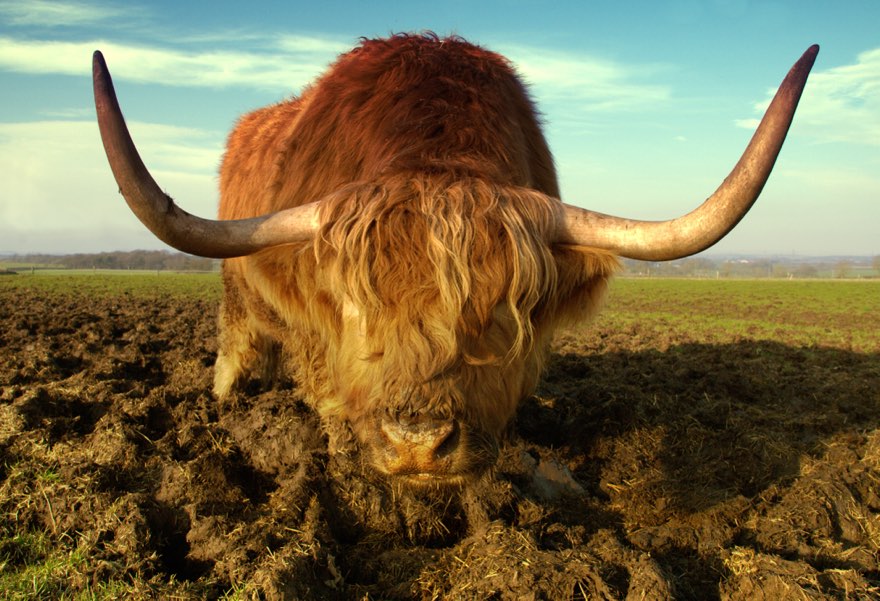2024 International Symposium on Reproductive Physiology

- From a family of animal journals to a family of organizations
- Tianhai Yan Awarded the 2024 Sir John Hammond Award for Outstanding Contributions in Animal Science
- Prof. David Kenny Appointed as President of the British Society of Animal Science Marking a Milestone for Ireland
- The winds of change are blowing at animal – open spac
- View All
2024 International Symposium on Reproductive Physiology
Every five years, the ISRP provides a great opportunity to present the state-of-the-art thinking and practice in ruminant physiology to an international audience of scientists. In a tradition going back more than 60 years, the symposium is an excellent venue at which to assemble researchers in the field of ruminant physiology. There is no other international scientific symposium that offers such depth of this topic. American Dairy Science Association is honored to bring this event to the United States and America's Heartland.
Chicago has been voted the Best Big City in the U.S. for the sixth consecutive year by Conde Nast Traveler readers. The city boasts one of the best food scenes in the world with a long list of award-winning restaurants, amazing arts and attractions, thrilling nightlife, an amazing lakefront and riverwalk, all within steps of our conference venue, the Chicago Marriott Downtown Magnificent Mile, 540 N Michigan Avenue, Chicago, IL 60611 USA. More than 40 airlines provide nonstop service from Chicago making it a convenient travel destination worldwide.
We look forward to welcoming you to the 2024 International Symposium on Reproductive Physiology!
Conference Overarching Themes
- Insights from precision technology and data science and their application to ruminant physiology and management
- Gastrointestinal microbial ecology, the microbiome, and gut physiology spanning from microbial-host interactions to an update on methane production and mineral interactions
- Whole animal microbiome and integration of effects across systems including the central nervous system, lactation, reproduction, respiration, and immunity
- Post-absorptive physiological impacts of nutrients on cellular signaling.
- Inflammation, metabolic endocrinology, metabolomics, and novel regulators of physiology and metabolism
- Integration of environment, physiology, and wellbeing in face of climate change and resource limitations
- Genomics and epigenetic impacts on ruminant physiology and efficiency
